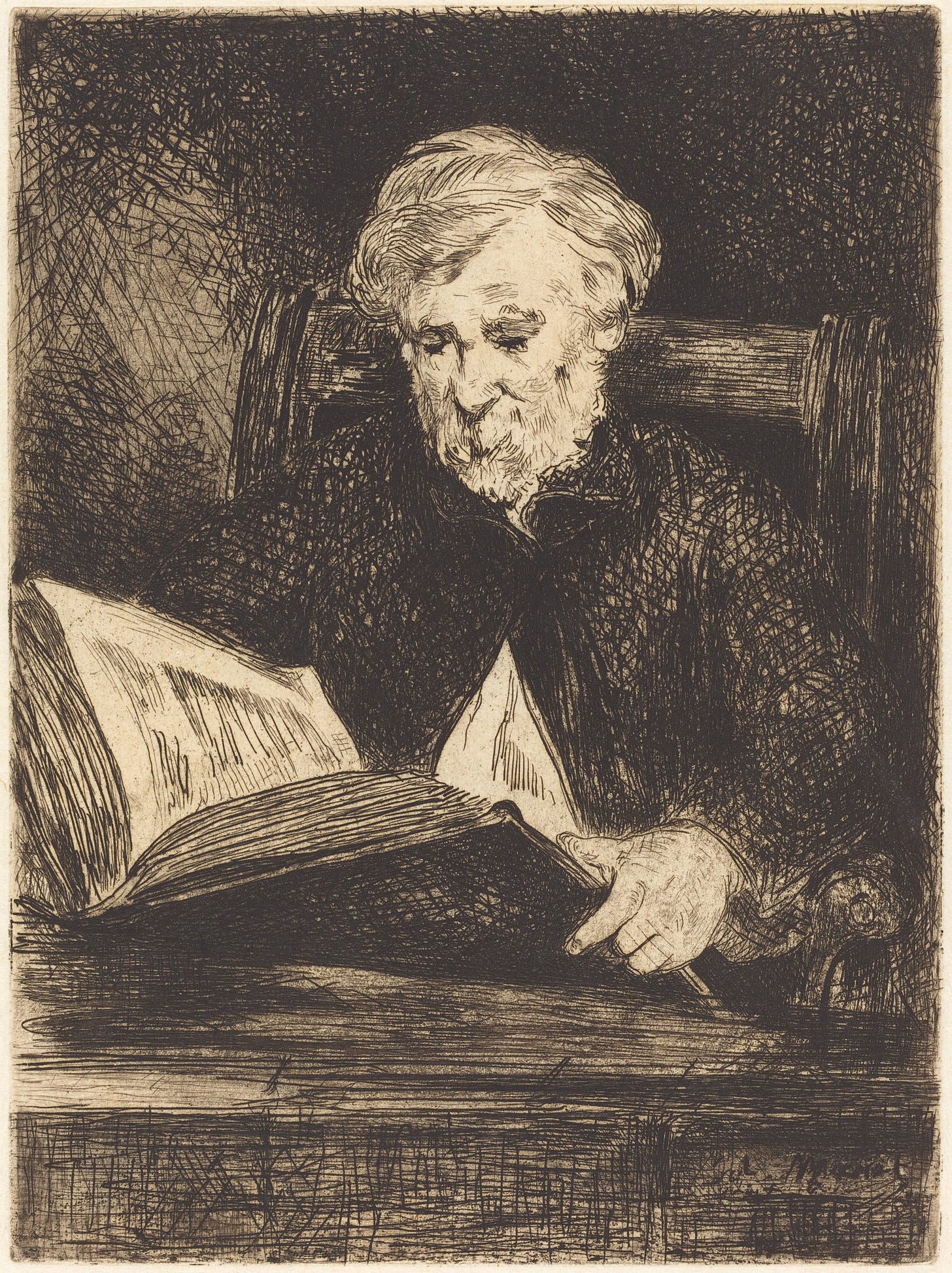Imagine the Reader
When you talk to someone face-to-face, you automatically explain your ideas in a way you think they’ll understand. That’s why you’d describe a technical problem differently to the engineer tasked with solving it than you would to your twelve year old nephew for whom English is a second language.
In both cases, your goal is to communicate underlying truth that helps them reach a deeper level of understanding. But you have to meet people where they are to bring them somewhere new. So you use different words, different analogies, different levels of abstraction to bridge the gap.
Similarly, when you talk in front of a group, you adjust your message to match the audience. It’s a little vaguer, a little messier than when talking to an individual, but you still gauge everything you say so that most of the people in front of you can connect with it. You see whether they’re engaged, you know whether they’re laughing at your jokes or checking their phones, you feel the energy in the room, and you react to that, telling your story a little differently so that it clicks for them.
I’m not saying that you’re doing all of this consciously. Most of it is intuitive. You’re responding to all sorts of subtle cues and leveraging a lifetime of learning to communicate with other humans. You’re an expert—we all are. Our species is uniquely good at using language to make ourselves understood.
But it’s easy to forget everything you know about communication when you sit down to write. Nobody’s in front of you. Instead of a face, there’s a blinking cursor. What should you say? Where should you start? Why are you even spending time on this? There are dishes that need washing. Emails that need replies. Children that need attention. You’ll write later. When you have time. Tomorrow. Promise.
That is how writing projects die.
And even when you summon a superhuman act of will and force yourself to face the tireless taunting of the cursor and squeeze sentence after sentence from your fibrous lemon of a brain, the result is stilted and confusing. Your draft is too long, too formal, and reeks of bullshit. It makes it seem as if your goal wasn’t to communicate something important, but to create a document for the sake of creating a document.
When you sit down to write and nobody’s in front of you, you forget that writing isn’t an end in itself. You forget that, even though you can’t see them, you are writing for someone. So you attempt “self expression” without considering that you’re expressing yourself to someone specific. You try to make your sentences resemble writing you’ve read instead of making your sentences explain your idea to a particular person.
The bad news is that otherwise smart people fall into this trap all the time. Being a senator or a CEO or a hacker or a Nobel laureate does not make you immune. In fact, smart people may be more likely to fall into this trap because they want their writing to bolster their reputation for intelligence—they want it to seem smart.
The good news is that there’s a simple solution, and you don’t need to be a senator or a CEO or a hacker or a Nobel laureate to use it. When you sit down to write something, your first act of imagination is not “what should I say,” but “who is this for.” You need to imagine your reader. Maybe it’s your mom. Maybe it’s your colleague. Your reader can be a little vague, like the members of an audience you’re giving a talk to. Maybe they’re a group of recent college graduates. Maybe they’re gardeners with a deep and abiding affection for marigolds. Your reader can even be fictional. Maybe it’s you before you learned the lesson you want to share. Maybe it’s your unborn children. Only you know who you’re writing for.
When you figure out who you’re writing for, your evolutionary machinery kicks in and that blinking cursor loses its power over you. Simply explain your idea to them just like you would in person. No procrastinating. No bullshit. No posturing. Say what’s necessary to bring them to a place of deeper understanding. Then put yourself in their shoes and read what you wrote. What works? Double down. What doesn’t work? Try again. Like most art forms, writing is less romantic than it’s made out to be. Write for someone specific. Then make it better until you’re ready to share it with them. That’s it.
I’m currently writing my twelfth novel. You would think I’d have internalized this by now, but I have to remind myself all the time. It’s really annoying. So annoying, in fact, that I wrote this essay as a reminder to myself. It’s for me, whenever I feel stuck, and for you, whenever you do too.
Imagine the reader.
Write for them.
Everything else flows from there.
Eliot Peper is the author of Foundry, Reap3r, Veil, Breach, Borderless, Bandwidth, Neon Fever Dream, Cumulus, Exit Strategy, Power Play, and Version 1.0. He also consults on special projects.
“Frighteningly prescient. I read it in less than 48 hours—just had to know what would happen next.”
-Rebecca Hiscott, managing editor at Stripe Press, on Foundry



Also I would do all but kill to be an early reader for you, but probably can’t for at least a month. Brain surgery slowing me down.
Normally, I journal. My audience there has always been just future me. I’ve been writing more lately for an actual audience. This advice is helpful. I’ve always wanted to write, but not sure what I want to say. I think I may investigate this a bit.